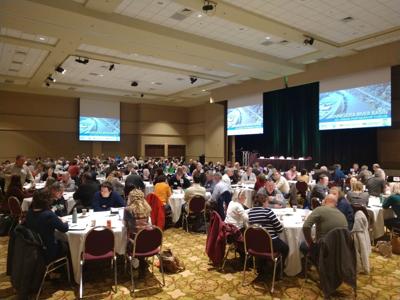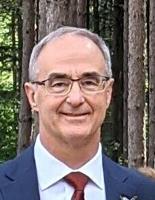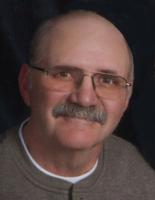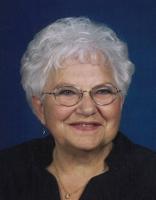MANKATO — City leaders, farmers, environmentalists, outdoors lovers, and government regulators are in agreement that the murky Minnesota River needs to be cleaned up.
They also accept that untold millions — or billions — of dollars will be required to make a meaningful difference.
On Monday in Mankato, approximately 200 people representing all of those perspectives got together in a single room to brainstorm about the best ways to address the longstanding problem of sediment, phosphorus and nitrate pollution in the Minnesota River.
The goal was to encourage a united effort to reduce contamination — from farm fields, from city sewage treatment plants, from private industry, from urban landscapes and from every other source of water pollution.
“We all need to do more, and we can work together to clean up our namesake river,” said Laura Bishop, commissioner of the Minnesota Pollution Control Agency. “... We need not be stuck on opposite sides or play any blame game.”
The Minnesota River Basin Ag-Urban Partnership Forum, which drew people to the civic center from throughout south-central and southwestern Minnesota, had an unusual beginning.
The city of Mankato and the MPCA were in a deep disagreement about the MPCA’s proposed discharge standards for the city’s sewage treatment plant. City Manager Pat Hentges, and counterparts in other towns and cities along the river, suggested that the MPCA was imposing higher standards on municipalities and industry that would cost millions of dollars but would have minimal impact on water quality.
Spending a similar amount of money targeting pollutants reaching the river via overland drainage — non-point-source pollution — would bring about much more dramatic improvements to the river, Hentges and others argued. In other words, state policy needed to be smarter.
“Our point is they’ve got to come up with a comprehensive strategy,” Hentges said in March of 2018.
A year later, state Sen. Nick Frentz of Mankato and state Rep. Jeff Brand of St. Peter had introduced legislation that could have eased sewage treatment discharge standards for municipalities in the Minnesota River watershed — standards which were becoming increasingly stringent for phosphorus and nitrates. The bill would have also brought together cities, environmental interests and ag groups to develop a strategy to improve the water quality in the Minnesota River and its tributaries.
Ultimately, the MPCA and the cities agreed to attempt that conciliatory approach, and the legislation was set aside. Monday’s meeting was a result of that agreement.
“I didn’t really think there would be this many people in the room,” Brand said. “This is a dramatic first step.”
Frentz said the meeting was a golden opportunity for people to tell policymakers the smartest path toward long-term improvements to the polluted river.
“Tell us what you think, tell us what works,” Frentz said.
First, Kimberly Musser of the Water Resource Center at Minnesota State University told the crowd about the size of the problem.
“I won’t mince words, there’s huge water-quality issues in this region,” Musser said. “... The sheer scope of change that’s needed is daunting.”
The forum included a pair of panel discussions. The first involved city officials from Mankato, Marshall and St. Peter describing the challenges they are facing and the tactics they are employing to provide clean drinking water, control stormwater pollution and treat sewage. Later, a group of farmers gave a similar perspective about water-quality initiatives in their industry.
After each, the large audience broke up into small groups to discuss what ideas sounded promising, what changes are needed to implement those strategies on a broad scale, what resistance could be anticipated, and what the next steps might be toward a more cooperative effort between agricultural and urban interests to clean up the river.
Musser said she’s convinced that both sides want the same outcome.
“It really doesn’t matter if you live in the city or live on a farm,” she said. “... People want to leave a better water-quality legacy for their kids.”
Bob Van Moer, Marshall’s wastewater treatment superintendent, said that goal will require focusing spending where it will have the most benefit. And it will require genuine effort by everybody who contributes pollution to the river and its tributaries.
“It’s going to be a mutual thing,” Van Moer said. “To see any real improvements, it’s going to take everybody being involved.”



























Commented
Sorry, there are no recent results for popular commented articles.